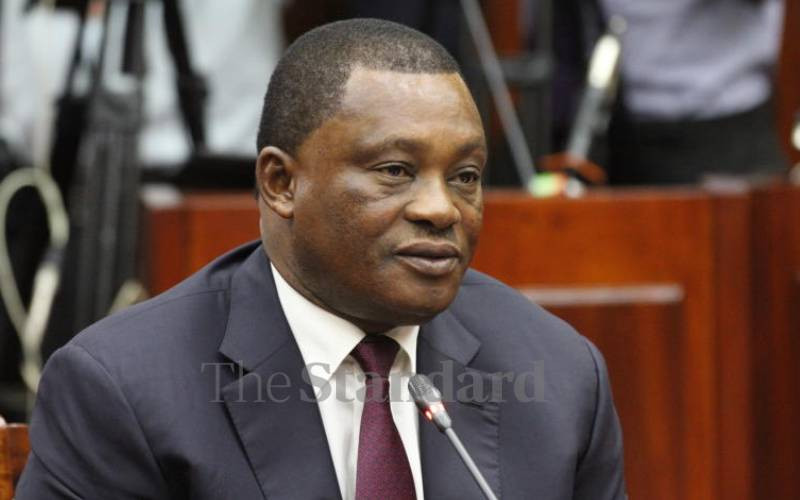×
The Standard e-Paper
Join Thousands Daily

Senate committee has directed the Office of the Attorney General and Department of Justice to set up a working group on implementation of Victim Protection Act (No. 17 of 2014).
The Senate Justice, Legal Affairs and Human Rights Committee Chairperson Hillary Sigei told the Attorney General's office to review the draft Victims' Rights Charter, the draft Victim Protection (General) Regulations and the Victim Protection (Trust Fund) Regulations and to submit a status report to the Senate within three months.